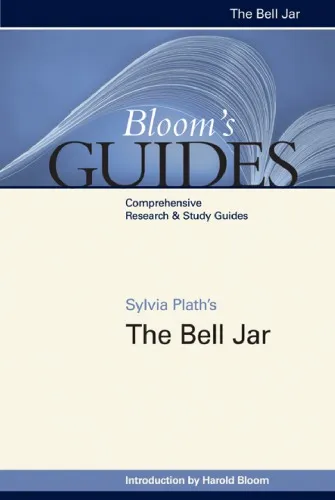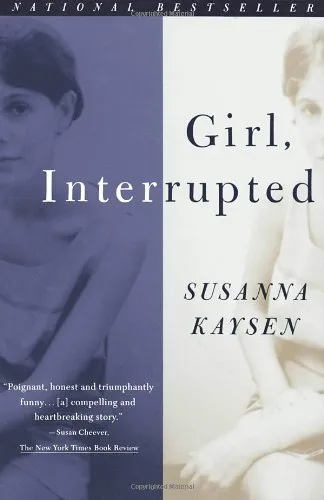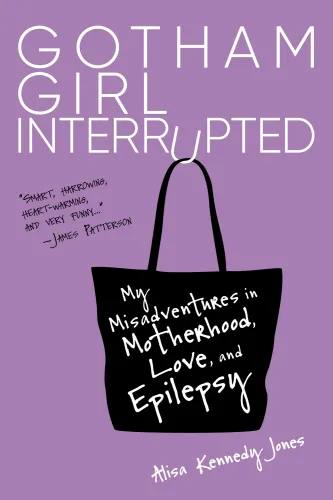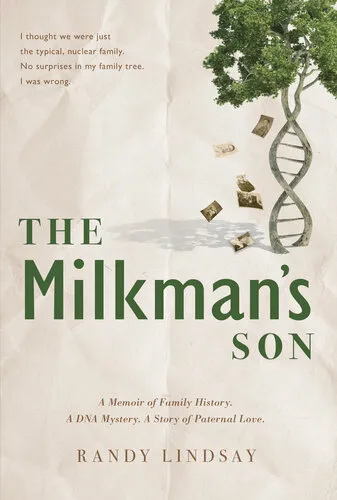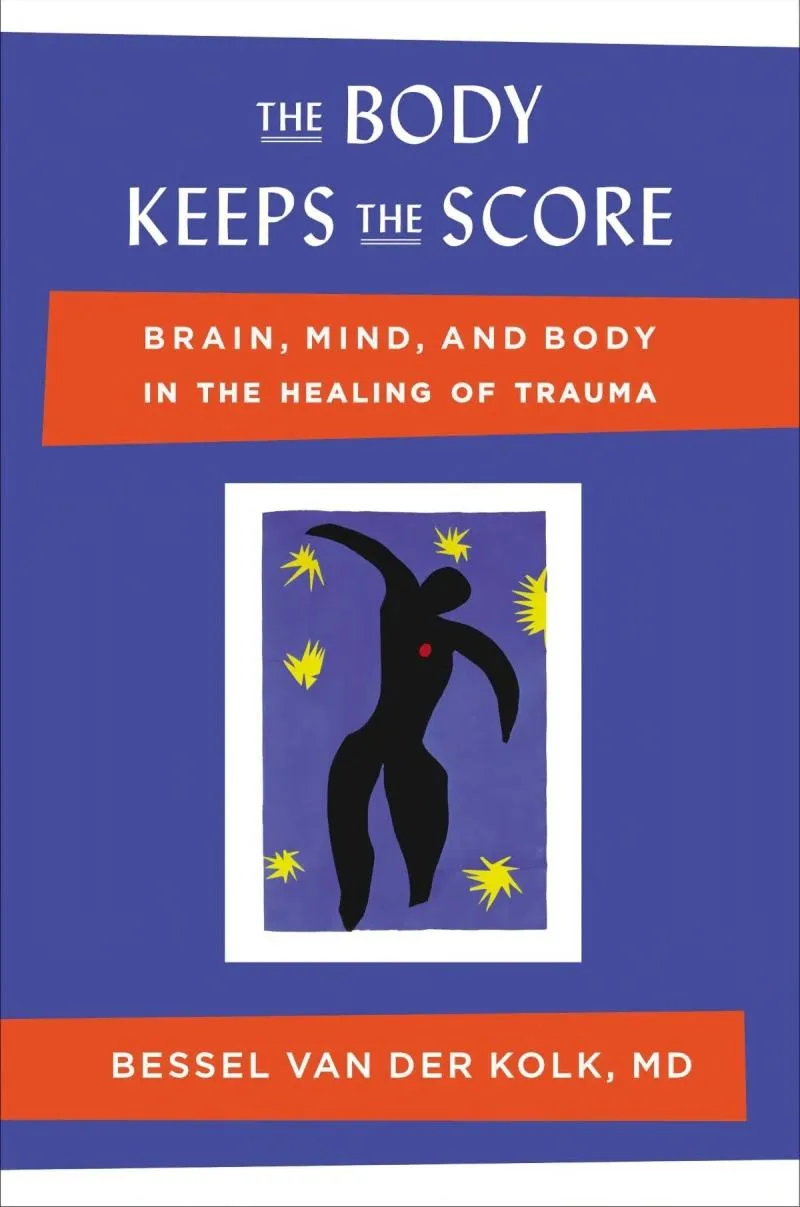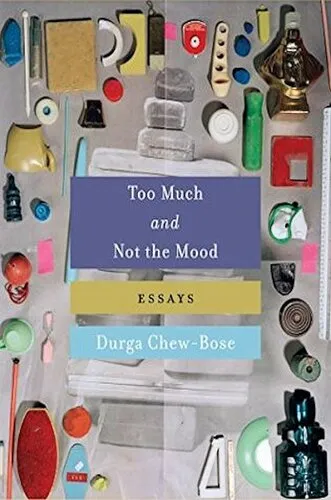Sylvia Plath's The bell jar
4.3
Reviews from our users

You Can Ask your questions from this book's AI after Login
Each download or ask from book AI costs 2 points. To earn more free points, please visit the Points Guide Page and complete some valuable actions.Related Refrences:
Persian Summary
The Bell Jar: An Introduction
Sylvia Plath's "The Bell Jar," first published in 1963 under the pseudonym Victoria Lucas, is a cornerstone of American literature and a vivid exploration of mental illness and societal expectations of women. This semi-autobiographical novel provides profound insight into the author's own struggles, resonating with readers across generations. In this introduction, we'll delve into the book's rich narrative, key themes, memorable quotes, and its enduring significance.
Detailed Summary of the Book
At the heart of "The Bell Jar" is Esther Greenwood, a young and talented woman from suburban Boston who finds herself in New York City after winning a coveted internship at a prominent magazine. While Esther should feel thrilled by this opportunity to launch her writing career, she's instead overwhelmed by feelings of detachment and despair. The narrative unfolds as Esther grapples with her mental health, which deteriorates under the weight of societal pressures and her personal quest for identity.
As Esther's mental state further declines, she feels trapped by "the bell jar," a metaphor for her suffocating mental anguish and isolation. Sylvia Plath intensely details Esther's experiences with depression, her encounters with psychiatry, and her eventual descent into a mental breakdown. Her journey through mental illness is portrayed with stark realism and emotional depth, providing readers with an uncensored look into the struggles of living with mental health issues during the 1950s.
The novel's compelling narrative doesn't shy away from the harsh realities of its themes, touching on issues such as gender roles, sexuality, and the pursuit of independence. As readers follow Esther's path to recovery, "The Bell Jar" becomes both a cautionary tale and a source of hope, illustrating the immense challenges faced by those battling mental illness and the societal mores of the time.
Key Takeaways
- The pressures of societal expectations and the desire for personal autonomy can significantly impact mental health.
- "The Bell Jar" serves as a poignant exploration of depression and the isolating effects it can have on an individual's life.
- The novel provides a scathing critique of the gender roles prevalent in the 1950s, highlighting the oppressive nature of traditional female roles.
- Plath’s work offers validation and solidarity to those experiencing similar struggles, emphasizing the importance of mental health awareness and empathy.
Famous Quotes from the Book
Sylvia Plath's prose is celebrated for its lyrical beauty and raw honesty. Here are some famous quotes from "The Bell Jar" that encapsulate the novel's core themes:
"I took a deep breath and listened to the old brag of my heart. I am, I am, I am."
"The silence depressed me. It wasn’t the silence of silence. It was my own silence."
"To the person in the bell jar, blank and stopped as a dead baby, the world itself is the bad dream."
Why This Book Matters
"The Bell Jar" holds a significant place in literature for its unflinching portrayal of mental health struggles told through a female lens. Sylvia Plath's narrative delves into themes of identity, autonomy, and the societal constraints placed on women, making it a revolutionary text for its time.
Plath's intricate exploration of her protagonist's psyche provides a window into the human soul, addressing complex emotions with honesty and empathy. Her ability to intertwine personal experiences with universal themes results in a timeless work that continues to resonate with readers today.
The novel's enduring relevance is a testament to Plath's talent and profound understanding of the human condition, ensuring that "The Bell Jar" remains a pivotal text in discussions surrounding mental health, gender, and individuality in society.
Free Direct Download
You Can Download this book after Login
Accessing books through legal platforms and public libraries not only supports the rights of authors and publishers but also contributes to the sustainability of reading culture. Before downloading, please take a moment to consider these options.
Find this book on other platforms:
WorldCat helps you find books in libraries worldwide.
See ratings, reviews, and discussions on Goodreads.
Find and buy rare or used books on AbeBooks.
1743
بازدید4.3
امتیاز0
نظر98%
رضایتReviews:
4.3
Based on 0 users review
Questions & Answers
Ask questions about this book or help others by answering
No questions yet. Be the first to ask!
